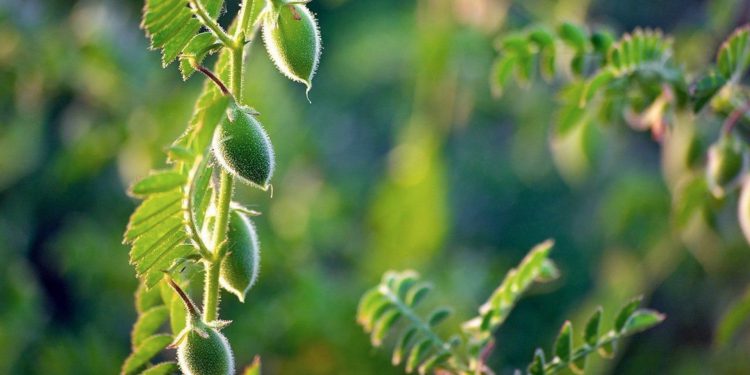The humble chickpea could join the big boys like rice and soyabeans, as crops whose genes have been analysed to improve human nutrition, according to the Economist.
Researchers from the International Crops Research Institute for the Semi-Arid Tropics and 40 other organisations, led by Rajeev Varshney of Murdoch University, in Australia, have produced a comprehensive “pan-genome” derived from the cultivated plant, Cicer arietinum, and seven of its wild relatives, which they have now published in Nature.
Chickpeas contribute 11.5 million tonnes of protein-rich pulses to the world’s food supply, but their variety is under-exploited.
The researchers identified blocks of genes, called haplotypes, that encode particular, desirable properties, and which could be bolted together in various combinations to yield better chickpeas, and chickpeas better suited to climate change.























